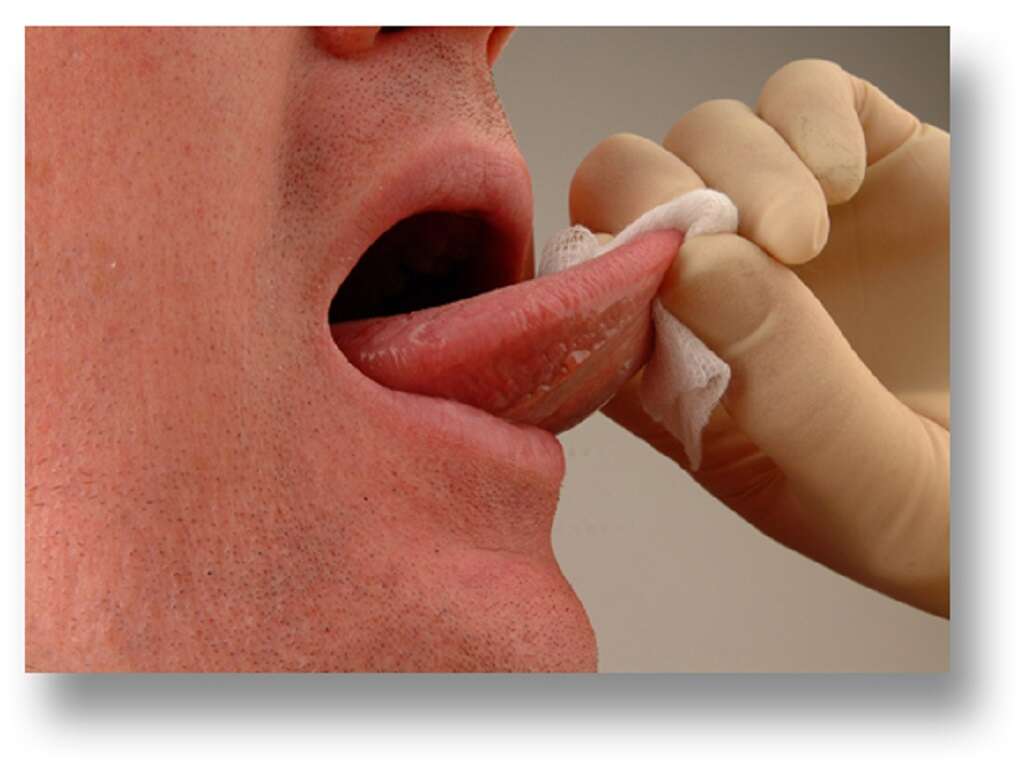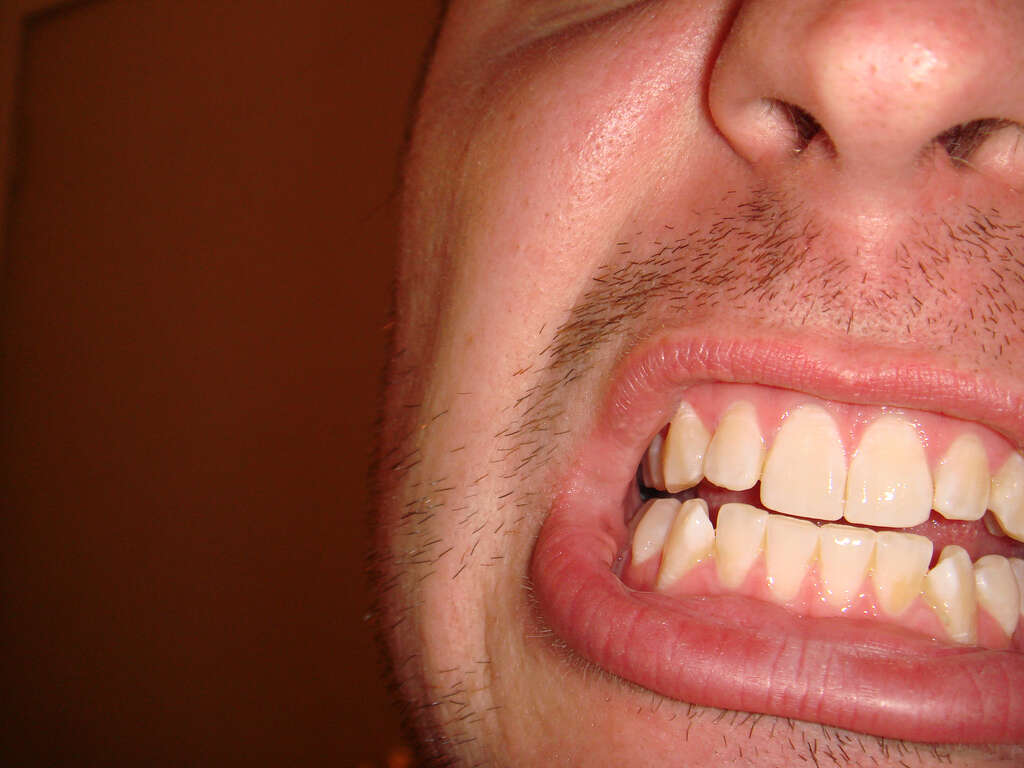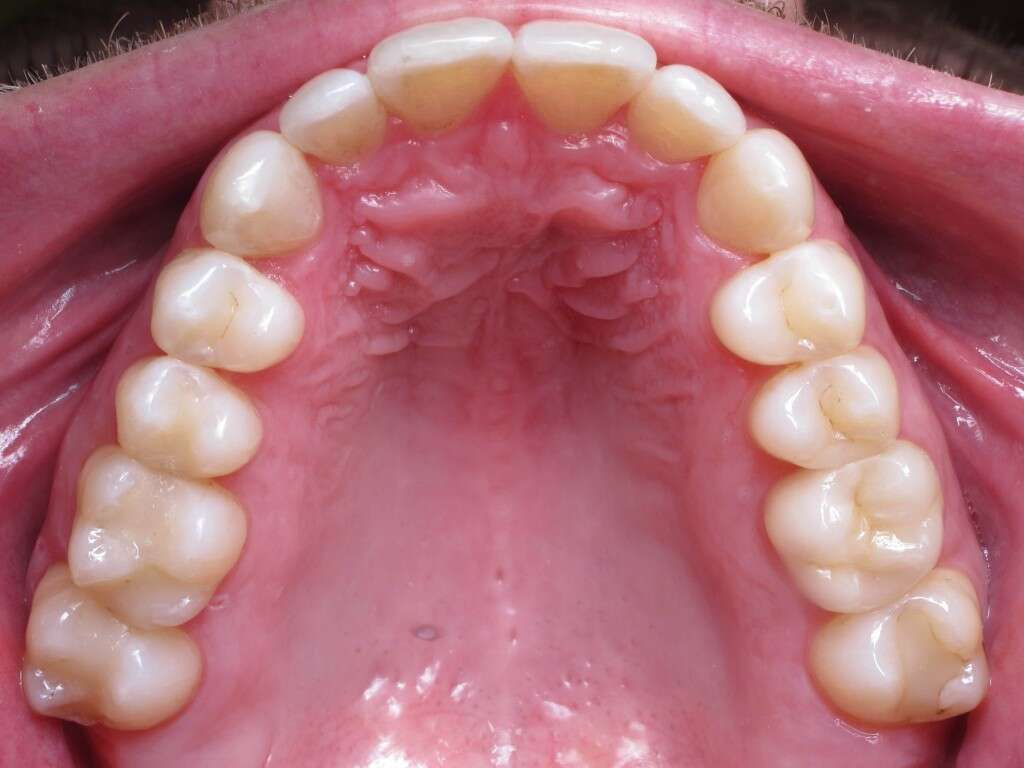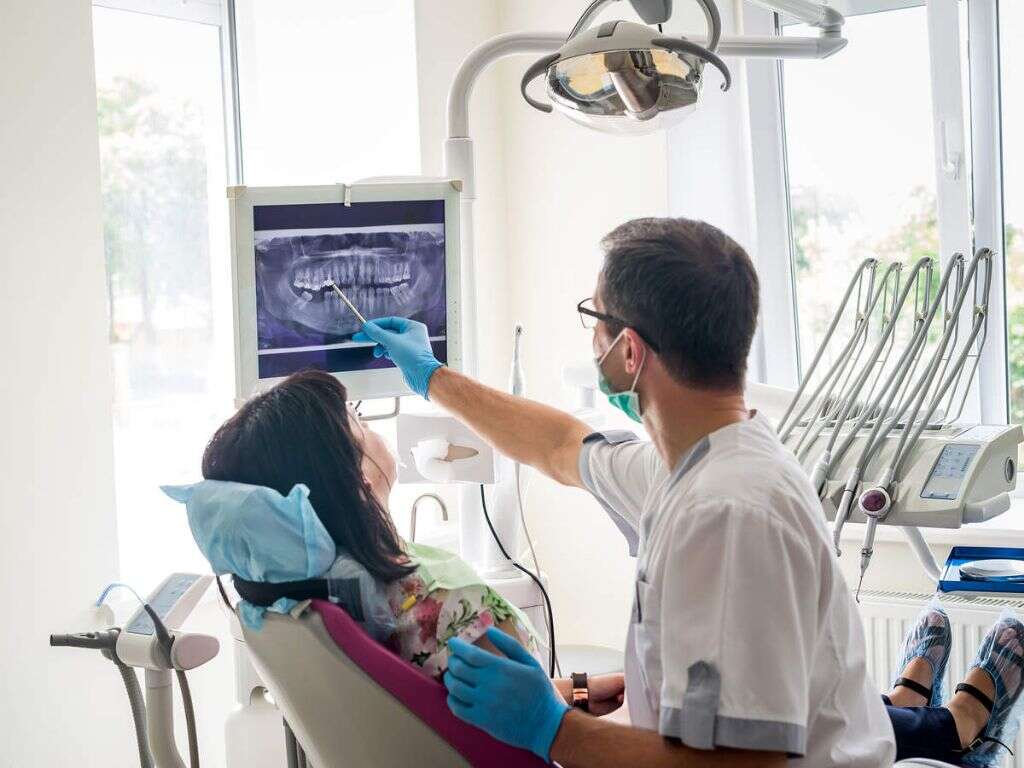10 Jaw Cancer Symptoms
 Article Sources
Article Sources
- 1. Rivera, César. 'Essentials of oral cancer.' _International journal of clinical and experimental pathology_ vol. 8,9 11884-9 4: 1 Sep. 2015
- 2. 'Oral Cancer.' _National Institute of Dental and Craniofacial Research_, U.S. Department of Health and Human Services, July 2018, www.nidcr.nih.gov/health-info/oral-cancer/more-info.
- 3. 'Jaw Tumors and Cysts.' _Mayo Clinic_, Mayo Foundation for Medical Education and Research, 11 Dec. 2018, www.mayoclinic.org/diseases-conditions/jaw-tumors-cysts/symptoms-causes/syc-20350973.
- 4. Scully, C, and S Porter. 'Oral cancer.' _The Western journal of medicine_ vol. 174,5 (2001): 348-5 1: doi:10.1136/ewjm.174.5.348
- 5. Aerden, Thomas et al. 'Numb chin syndrome as a sign of mandibular metastasis: A case report.' _International journal of surgery case reports_ vol. 31 (2017): 68-7 1: doi:10.1016/j.ijscr.2017.01.001
- 6. 'Changes in Your Speech.' _Changes in Your Speech | Mouth Cancer | Cancer Research UK_, Cancer Research UK, 11 May 2018, www.cancerresearchuk.org/about-cancer/mouth-cancer/living-with/changes-speech.
Jaw cancer is a form of oral cancer. Oral cancers refer to any cancer that affects the lips and oral cavity, which includes the gums, teeth, front part of the tongue and the roof of the mouth. While oral cancer is one of the 10 most common types of cancer, the prognosis has not improved in recent years.1Rivera, César. ‘Essentials of oral cancer.’ International journal of clinical and experimental pathology vol. 8,9 11884-9 4: 1 Sep. 2015
Symptoms of jaw cancer are varied and can differ in pain and intensity. In many cases, symptoms may be absent or go unnoticed. Jaw cancer is dangerous if not detected and treated early due to its likelihood of metastasizing to the lymph nodes and other organs.

1. Jaw Pain
The first and most obvious symptom of jaw cancer is pain in the mandible or jaw bone. Pain can also occur in the upper palate, which is connected to the upper part of the jaw. This pain typically begins gradually and feels dull at the start. It gradually increases in severity over time if left untreated.
This pain can be caused by pressure from both benign and malignant tumors, as well as cysts. Cysts may form around a partially erupted wisdom tooth or as the result of an infection and can lead to the development of cancer.3‘Jaw Tumors and Cysts.’ Mayo Clinic, Mayo Foundation for Medical Education and Research, 11 Dec. 2018, www.mayoclinic.org/diseases-conditions/jaw-tumors-cysts/symptoms-causes/syc-20350973.

2. Swollen Lymph Nodes
In the case of jaw cancer, lymph nodes that swell can signify that cancer has metastasized to the lymphatic system, which typically indicates the cancer is in later stages.1Rivera, César. ‘Essentials of oral cancer.’ International journal of clinical and experimental pathology vol. 8,9 11884-9 4: 1 Sep. 2015
People experiencing swollen lymph nodes in the head and neck area shouldn’t assume they have jaw cancer. Most often lymph nodes become enlarged as the body fights off an infection, frequently a respiratory infection. One study showed that only 30 percent of cancer patients with enlarged lymph nodes experienced metastases.4Scully, C, and S Porter. ‘Oral cancer.’ The Western journal of medicine vol. 174,5 (2001): 348-5 1: doi:10.1136/ewjm.174.5.348

3. Mouth Lesions
Lesions in the mouth are among the most common symptoms of oral cancer and are usually the first symptom noticed by patients and doctors alike.1Rivera, César. ‘Essentials of oral cancer.’ International journal of clinical and experimental pathology vol. 8,9 11884-9 4: 1 Sep. 2015 Lesions can occur almost anywhere in the mouth, including the gums, tongue, roof of the mouth and cheek linings.
Lesions can have a number of visual appearances and be white, pink or red. These lesions can be painful or uncomfortable, or they may not be felt at all.

4. Sore Throat
A sore throat or a feeling that something is caught in the throat when swallowing can be a sign of jaw cancer and, at first, is usually indistinguishable from the sore throat that comes with a cold. This symptom usually lasts much longer than a cold, and the pain and discomfort can be much more severe.
Throat pain can be caused by a tumor putting pressure on the esophagus or an open lesion that has formed in the throat cavity.2‘Oral Cancer.’ National Institute of Dental and Craniofacial Research, U.S. Department of Health and Human Services, July 2018, www.nidcr.nih.gov/health-info/oral-cancer/more-info.

5. Jaw Swelling
Cancer of the jaw can lead to swelling in its later stages, but swelling may be present early on as well. This is often accompanied by a feeling that the mouth is cramped and too small, which can lead to difficulty speaking, chewing and swallowing.
Swelling can be caused by tumors growing in the mandible or underneath the jaw. It can be treated through radiation therapy and surgery, which is one of the first methods considered by oncologists to treat jaw cancer.2‘Oral Cancer.’ National Institute of Dental and Craniofacial Research, U.S. Department of Health and Human Services, July 2018, www.nidcr.nih.gov/health-info/oral-cancer/more-info.

6. Loose Teeth
Loose teeth can also be an early sign of jaw cancer. Malignant tumors of the jaw can erode the sockets in which the roots of teeth are held. One or multiple teeth can be affected.
Loose teeth may be observed first by the dentist but can be noticed by the patient as well. However, do not assume all episodes of loose teeth mean jaw cancer. More often, they are caused by gum diseases, tooth injury and osteoporosis. Ask your dentist to be sure.

7. Ear Pain
Since the jaw is so integral in chewing, swallowing and speaking, it’s not uncommon for ear pain to develop as a symptom of oral cancer. Pain can occur as a persistent earache that lasts for weeks at a time and can be experienced with decreased or muffled hearing, as well as ear discharge.
Ear pain can be caused by a tumor in the jaw swelling in size and putting pressure on new areas or by the growth of new tumors.2‘Oral Cancer.’ National Institute of Dental and Craniofacial Research, U.S. Department of Health and Human Services, July 2018, www.nidcr.nih.gov/health-info/oral-cancer/more-info.

8. Numbness in the Mouth
Mouth numbness that affects the tongue, lips, cheek linings, jaw or soft palate could be another symptom of jaw cancer. Numbness can last for the duration of the disease or until treatment takes effect.
Numb chin syndrome is a term that describes a common feeling in jaw cancer patients that becomes noticeable once their jaw or oral cancer has metastasized to a point where the prognosis is unfavorable. This syndrome usually develops in the later stages of the disease.5Aerden, Thomas et al. ‘Numb chin syndrome as a sign of mandibular metastasis: A case report.’ International journal of surgery case reports vol. 31 (2017): 68-7 1: doi:10.1016/j.ijscr.2017.01.001

9. Difficulty Moving the Tongue and Mouth
With the later stages of jaw and oral cancer comes increased difficulty in performing basic mouth movements. This can be due to a number of factors, including painful oral lesions, swelling tumors and facial numbness. However, this difficulty in performing basic oral functions can occur even with painless tumors and lesions.2‘Oral Cancer.’ National Institute of Dental and Craniofacial Research, U.S. Department of Health and Human Services, July 2018, www.nidcr.nih.gov/health-info/oral-cancer/more-info.
Speaking can be inhibited, as can the ability to chew or swallow effectively, which can lead to patients requiring a liquid diet during their treatment.

10. Vocal Changes
Jaw and oral cancer can lead to tumors that put pressure on the vocal cords and larynx, as well as the soft and hard palates. All of these areas play a key role in speaking, so when they’re affected, they can change how patients’ voices sound.
The voice can become quieter, while a common symptom is a rougher, huskier voice that develops over several weeks and then never goes away. Hoarseness is common as well.6‘Changes in Your Speech.’ Changes in Your Speech | Mouth Cancer | Cancer Research UK, Cancer Research UK, 11 May 2018, www.cancerresearchuk.org/about-cancer/mouth-cancer/living-with/changes-speech.











